The MoSCoW Matrix is a powerful product prioritization framework that helps teams identify and categorize features based on their importance for project success. Let’s dive into a comprehensive tutorial on how to effectively utilize this tool:
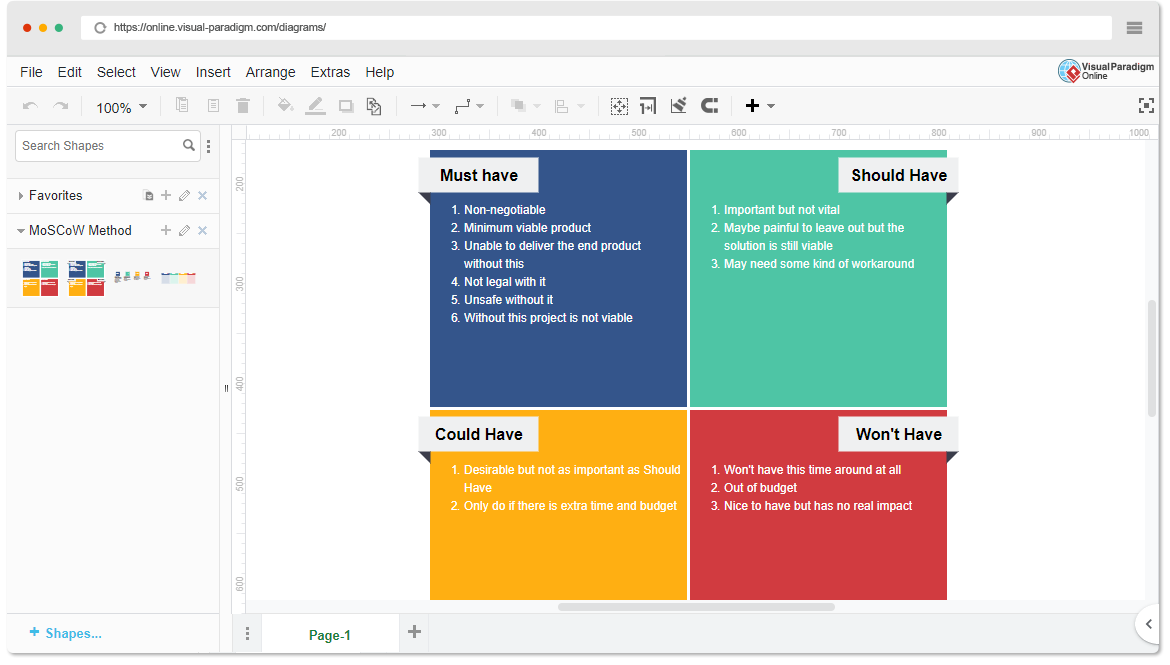
Benefits of the MoSCoW Matrix:
- Clearly defines and prioritizes product requirements
- Facilitates alignment and collaboration within the team
- Enables efficient resource allocation and decision-making
- Improves the chances of delivering a successful product
The MoSCoW Matrix consists of four categories:
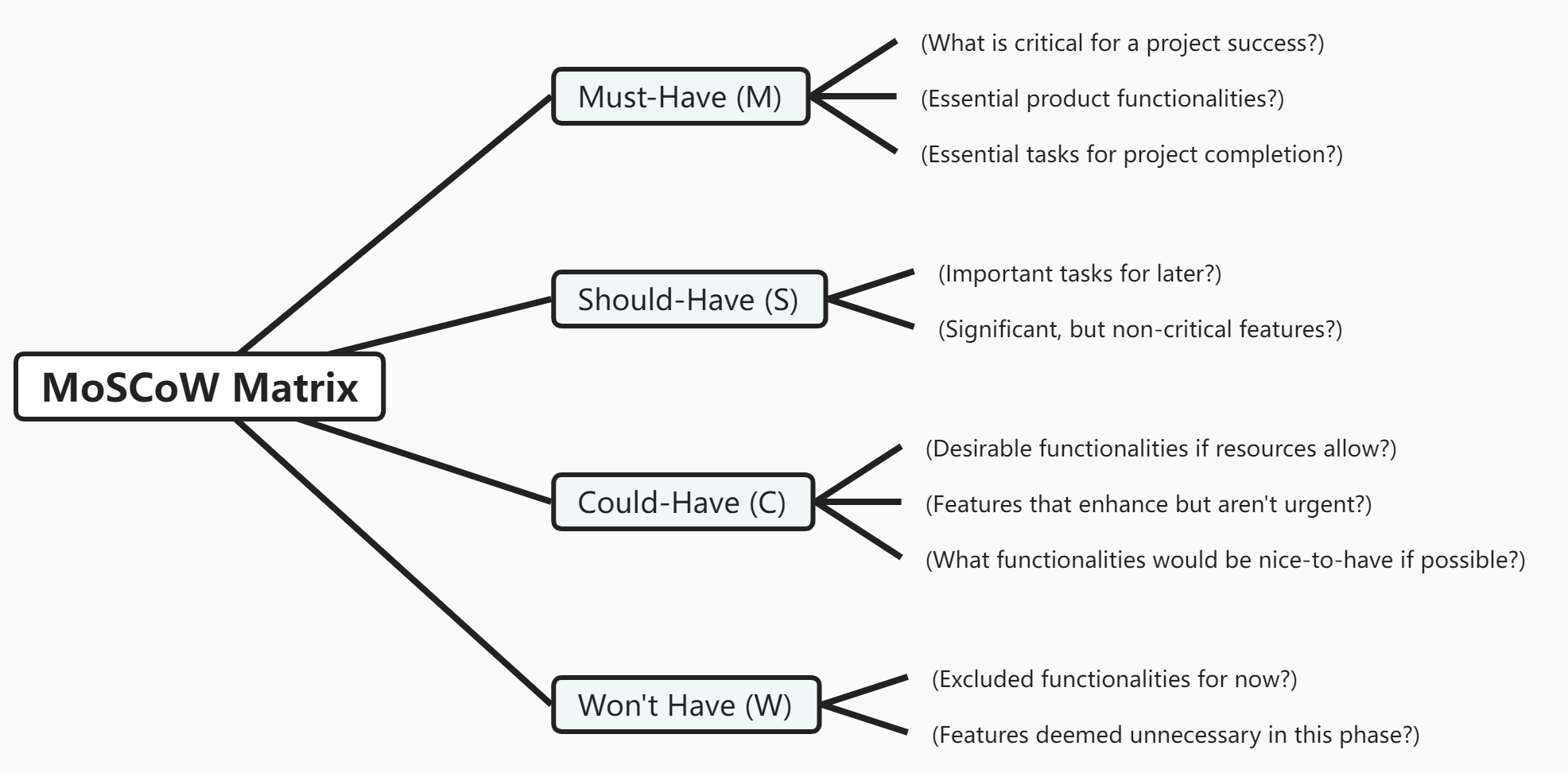
- Must-Have (M):
- These are the essential functionalities and tasks that are critical for the project’s success.
- Failing to deliver the “Must-Have” items would result in an unacceptable product.
- Examples: core product features, mandatory regulatory requirements, or tasks necessary for project completion.
- Should-Have (S):
- These are significant but non-critical features that enhance the user experience.
- Incorporating “Should-Have” items is highly desirable but not essential for the initial product release.
- Examples: important but not urgent tasks, significant but non-critical features, or functionalities that would be nice to have if resources allow.
- Could-Have (C):
- These are desirable functionalities that can provide additional value if resources permit.
- “Could-Have” items are nice-to-have features that enhance the product but are not essential.
- Examples: features that improve the user experience but are not urgent, or functionalities that would be beneficial if resources are available.
- Won’t-Have (W):
- These are the features or functionalities that are excluded from the current phase of the project.
- “Won’t-Have” items may be considered in the future or ruled out altogether based on project constraints.
- Examples: unnecessary features, functionalities deemed unimportant for the current phase, or features that can be deferred to a later release.
How to Use the MoSCoW Matrix:
- Gather all the proposed features, requirements, and tasks for the project.
- Categorize each item into one of the four MoSCoW categories based on its importance and criticality.
- Prioritize the “Must-Have” items and ensure they are delivered first.
- Incorporate the “Should-Have” and “Could-Have” items as resources and time permit.
- Regularly review and update the MoSCoW Matrix as the project progresses.
Example Application:
Let’s say you’re developing a new mobile app for a fitness tracking service. Using the MoSCoW Matrix, you might categorize the features as follows:
Must-Have (M):
- User registration and login
- Ability to track daily activity (steps, distance, calories burned)
- Syncing with fitness tracker devices
Should-Have (S):
- In-app workout tutorials and exercise plans
- Personalized goal-setting and progress tracking
- Leaderboards and social sharing features
Could-Have (C):
- Integration with smart home devices (e.g., smart scales, smart lights)
- Customizable app themes and UI elements
- Meal planning and nutrition tracking
Won’t-Have (W):
- Virtual fitness classes (to be considered in a future release)
- Integration with third-party fitness apps (deferred due to technical complexity)
By applying the MoSCoW Matrix, the team can ensure that the essential functionalities are delivered, while also incorporating valuable enhancements and considering future improvements based on available resources and project constraints.
Unlock Your Creative Potential with Smart Board: A Comprehensive Mind Mapping and Brainstorming Tool
In today’s fast-paced world, where complexity and information overload are the norm, finding effective tools to organize your thoughts, plan projects, and solve intricate problems has never been more crucial. Enter Smart Board, the comprehensive mind mapping and brainstorming app that empowers you to harness the power of visual representation and hierarchical structures to streamline your workflow and unleash your creativity.
Smart Board: The Ultimate Mind Mapping Experience
Designed to simplify complexity, Smart Board offers a wide range of features that cater to diverse needs, from project planning to concept mapping and beyond. Whether you’re a student tackling a research paper, a professional juggling multiple projects, or an entrepreneur seeking to bring your ideas to life, this versatile tool is your gateway to a more organized and visually captivating way of thinking.
Predefined Frameworks for Seamless Visualization
Smart Board comes equipped with a vast array of pre-designed templates, from classic mind maps and organizational charts to innovative brace maps and fishbone diagrams. By leveraging these predefined frameworks, you can effortlessly transform your ideas into visual representations that showcase the relationships between key concepts and facilitate a deeper understanding of the topic at hand.
Personalize Your Mind Maps with Ease
Customization is at the heart of the Smart Board experience. Explore a treasure trove of styles, fonts, colors, and formatting options to make your mind maps truly your own. Elevate your designs with captivating visuals, and create a personal touch that resonates with your unique preferences and the needs of your project.
Cloud Storage for Seamless Collaboration
Smart Board seamlessly integrates with cloud storage, allowing you to access your data anytime, anywhere, and effortlessly share your mind maps with colleagues, clients, or collaborators. Fostering a collaborative environment has never been easier, as you can collectively brainstorm, provide feedback, and refine your ideas in real-time, regardless of geographical boundaries.
Unlock Your Creative Potential with Smart Board
Whether you’re planning a complex project, organizing your thoughts, or solving intricate problems, Smart Board is the comprehensive mind mapping and brainstorming tool that can transform the way you work. Experience the true power of visual representation, hierarchical structures, and personalization to elevate your ideas and unlock your creative potential. Get started with Smart Board today – it’s completely free, with no hidden charges or credit card requirements.
Learn More by Examples

Decision Making for Supply Chain Optimization

PDCA (Plan-Do-Check-Act)

Organizational Chart of School Department

Business Model Canvas for a Fitness App
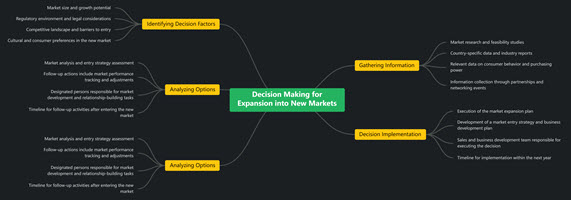
Decision Making for Expansion into New Markets
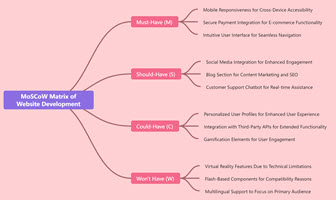
MoSCoW Matrix of Website Development

Tree Chart of Psychological Theories

Timeline of Coffee House
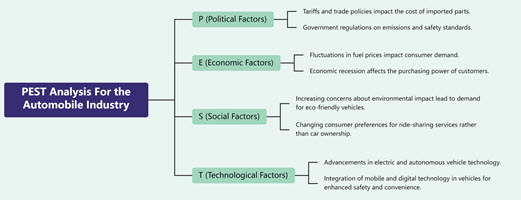
PEST Analysis For the Automobile Industry

Family Tree With Photo
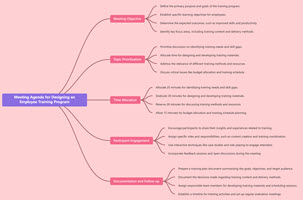
Meeting Agenda for Designing an Employee Training Program

McKinsey 7-S Framework for Improving Environmental Sustainability in Energy Industry
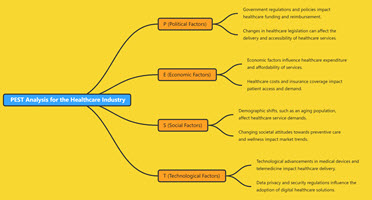
PEST Analysis for the Healthcare Industry

PDCA for improving on-time delivery in a logistics company
